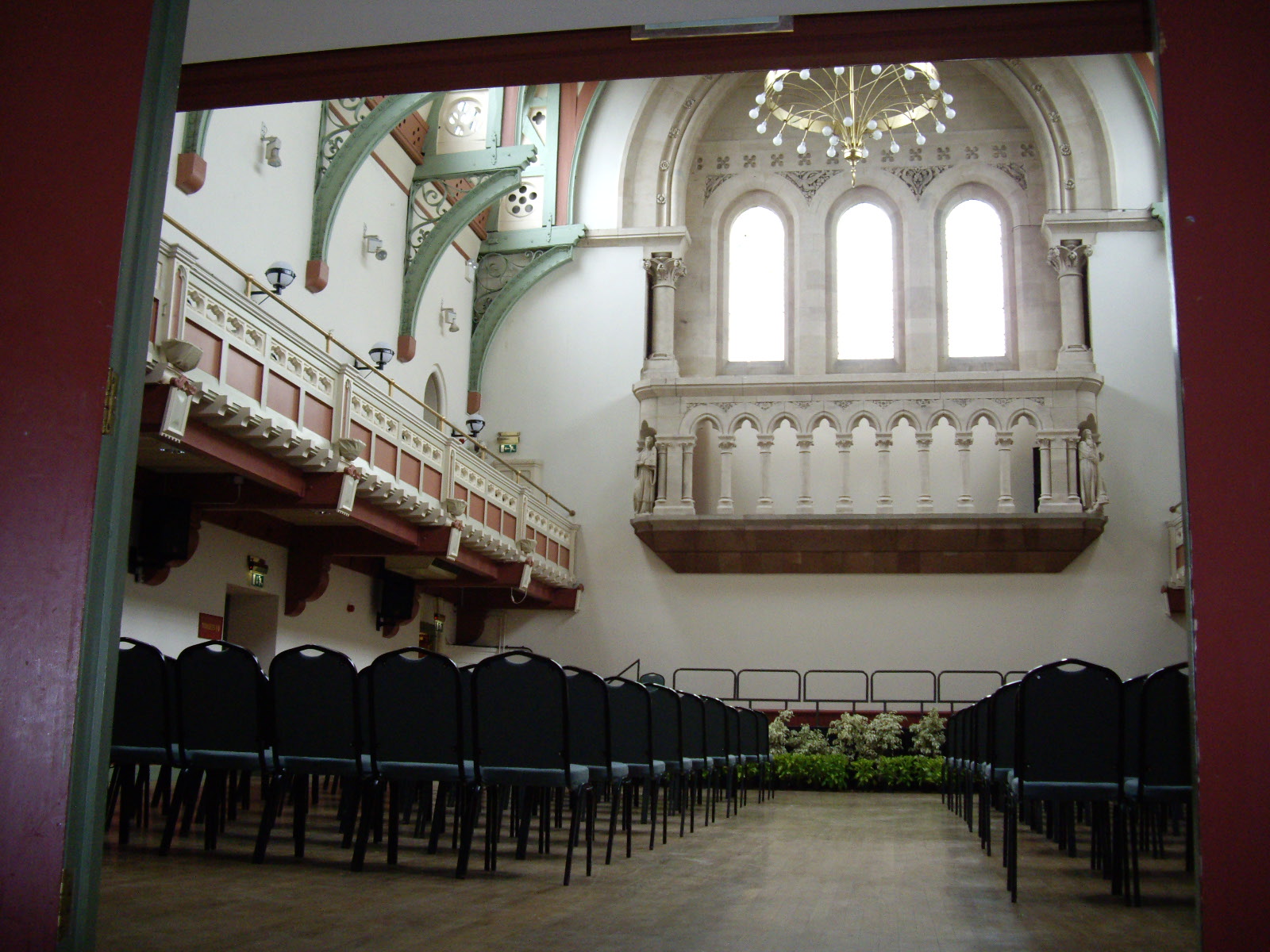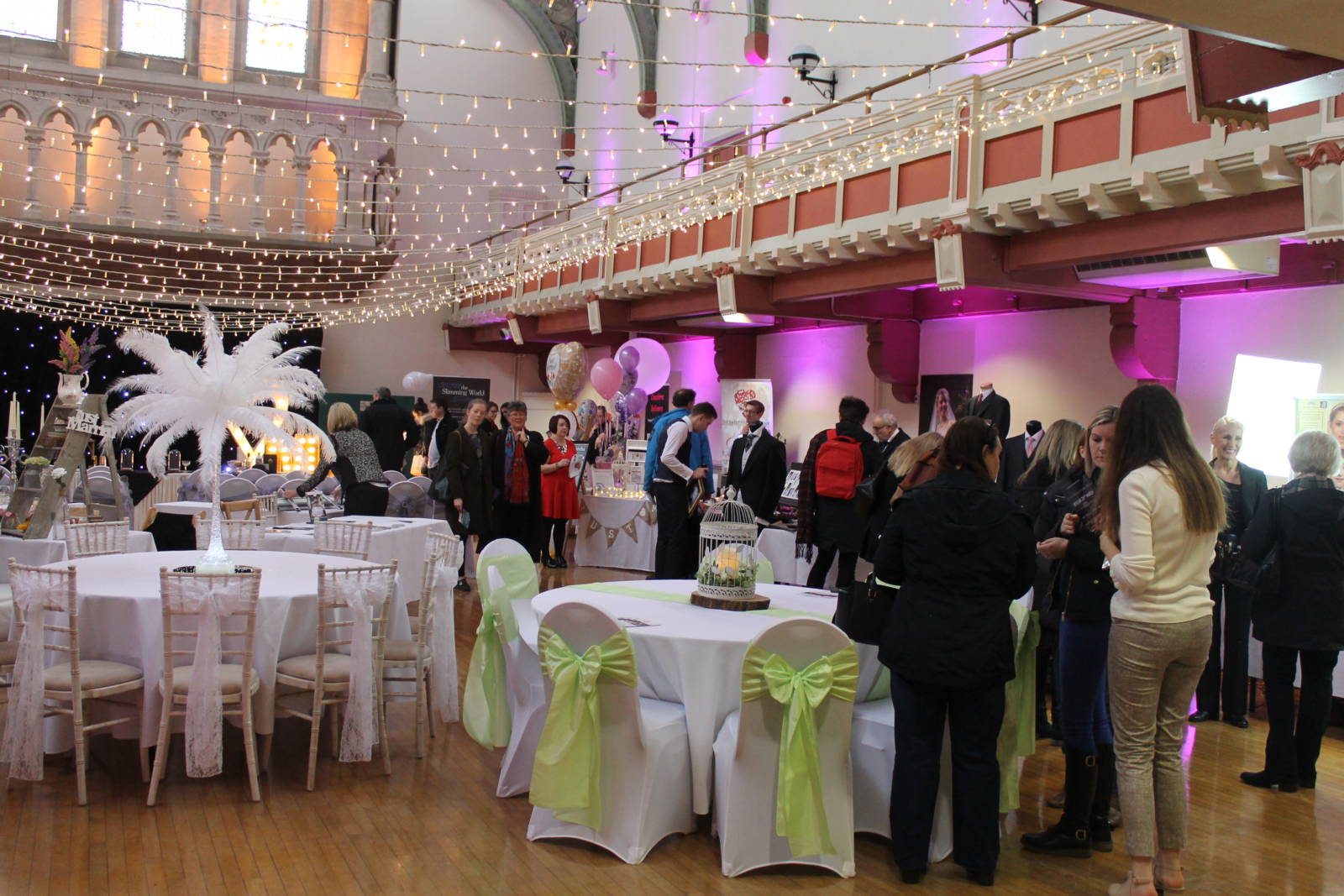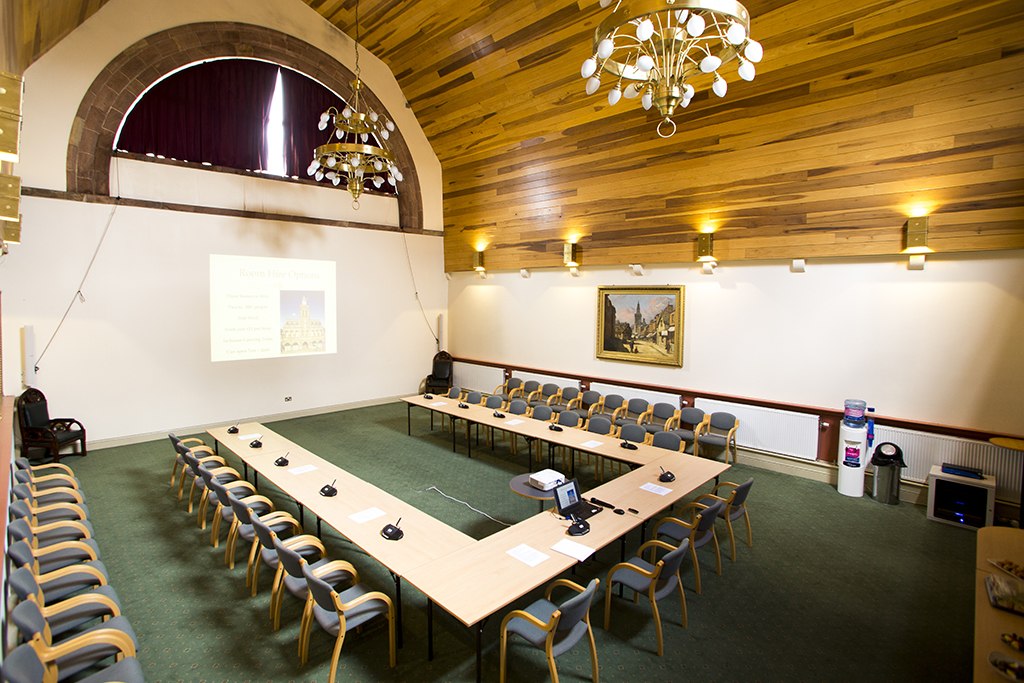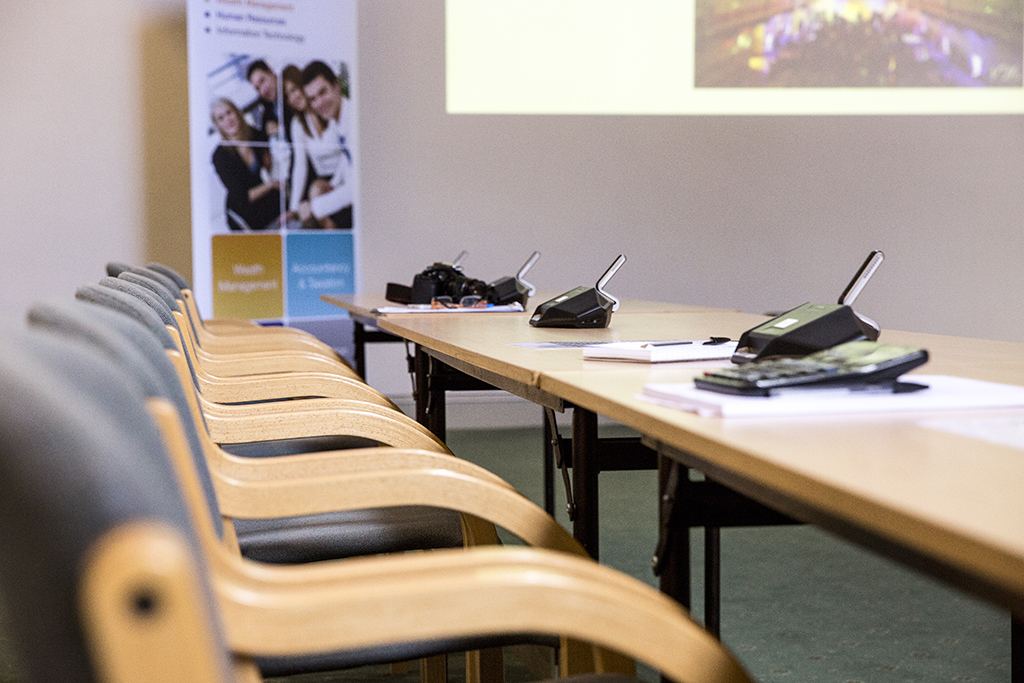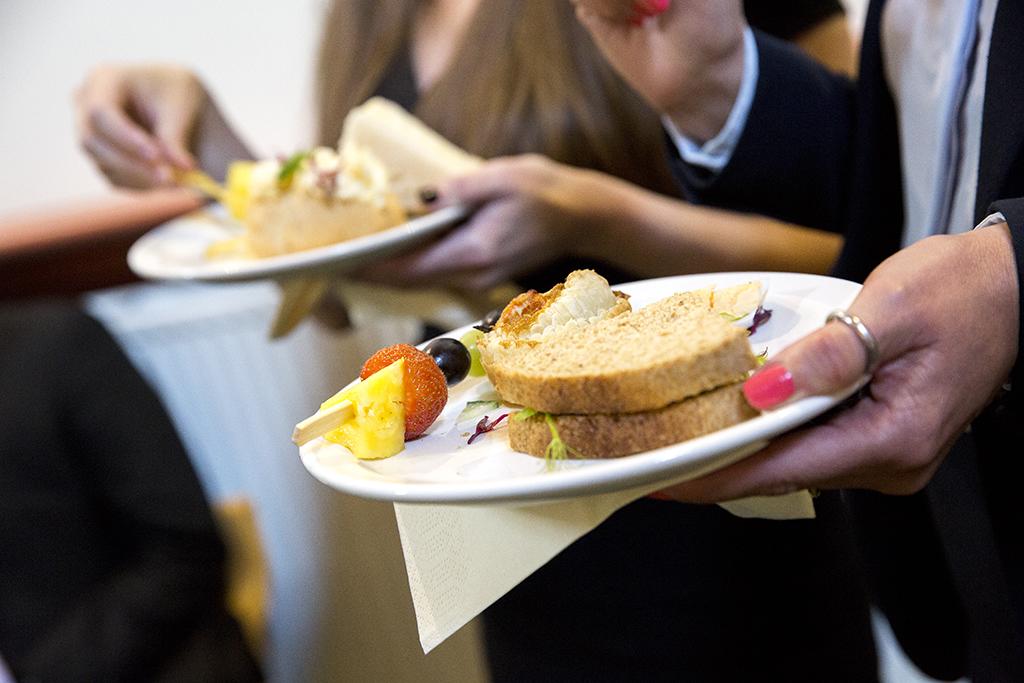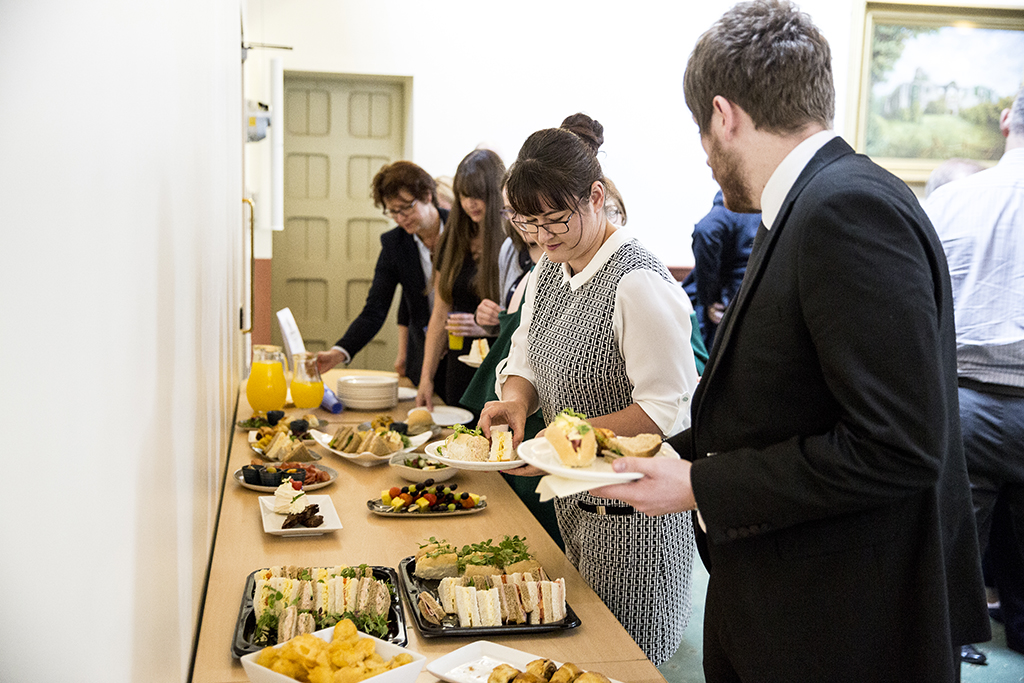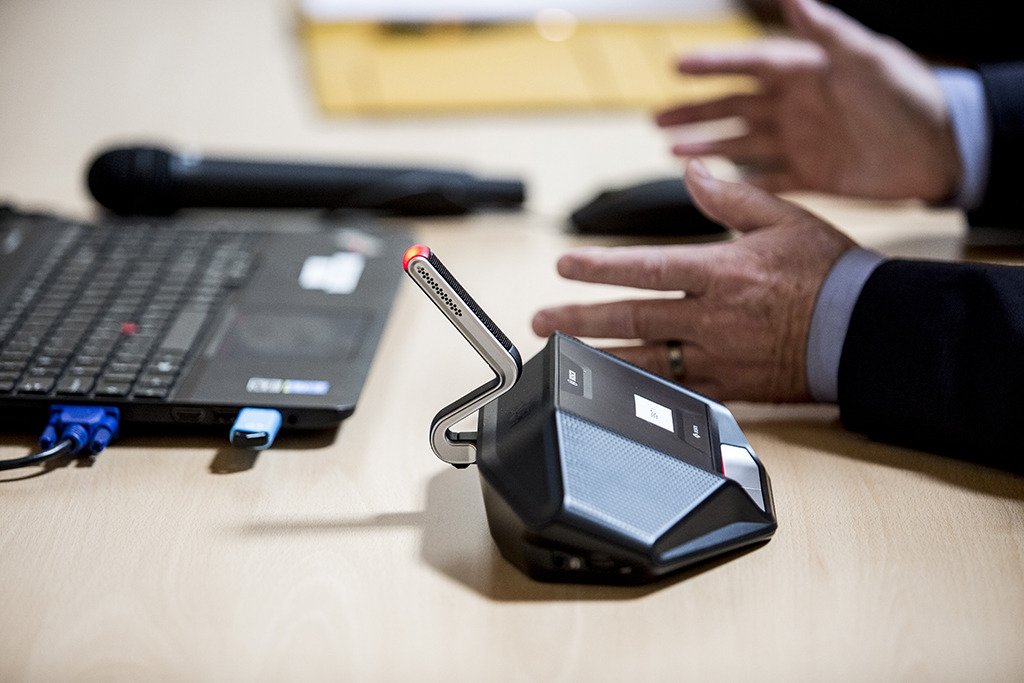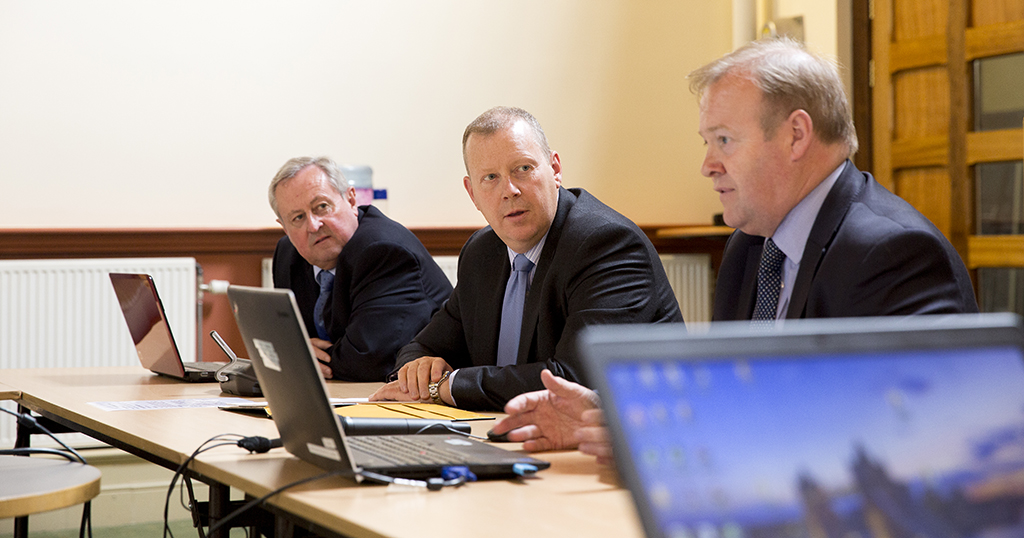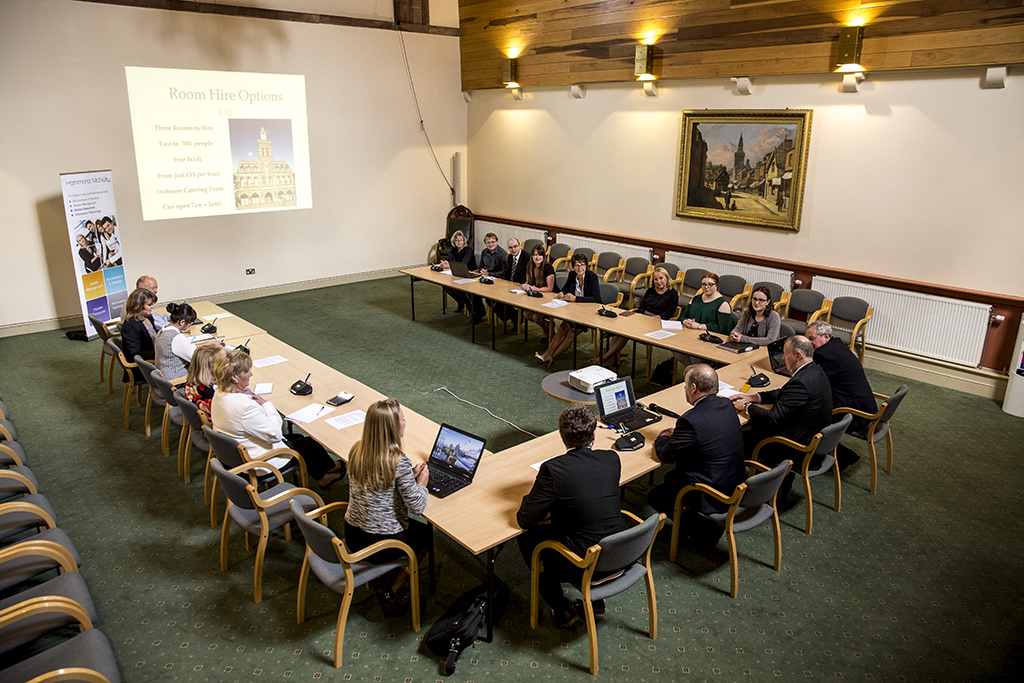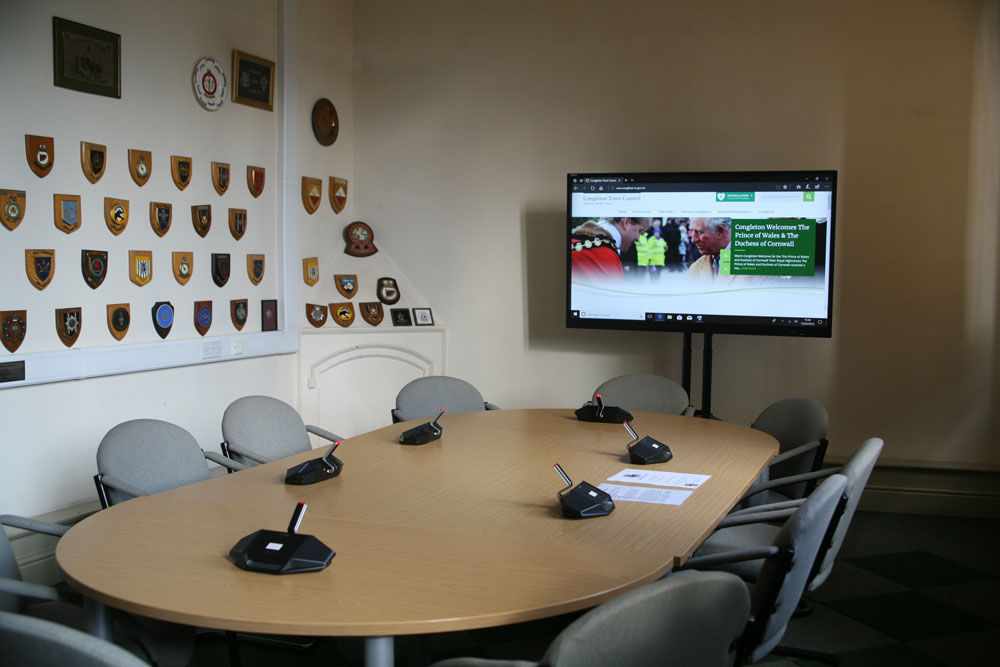You’ve probably heard the phrase ‘reduce, reuse, recycle’ before, but did you know there are actually three more – ‘rethink, refuse, and repair’? These are called the 6 R’s of sustainability and are essential if you want to live in a way that is better for the planet.
Reduce
Everything we produce and consume has an impact on the environment in some way. Making careful decisions about what we buy can have a huge impact. Cutting consumption and waste is the best way to help the environment. A few key changes you could make are
- Consider if you really need to replace an item rather than restore or repair it.
- Reduce consumable waste, for example
- Avoid buying products in single-use plastic
- Using real nappies instead of disposables
- See Plastic Free Congleton for more tips – Before the 5p cost of buying a plastic bag was introduced, the average person used around 140 single-use plastic bags a year. This has been reduced to an estimated 4 annually, with a 95% cut in plastic bag sales. Change is possible!
- Reduce food waste by meal planning, cooking with leftovers (e.g. soup) and composting kitchen waste. Also see our Food page.
Reuse
If we reuse items we avoid disposing of them and save money too. For example you can:
- save glass jars, plastic tubs and tins to use for storage
- use reusable coffee/tea/water cups/bottles and shopping bags
- reuse envelopes and other packaging to send letters or parcels instead of buying new
- Give things you don’t want to charity instead of throwing them away
Congleton Repair Café
Reusing items may mean repairing them instead of replacing them. Congleton has a monthly Repair Café at the Old Saw Mill where you can bring stuff and have experts repair them. The Repair Café is on the last Saturday of the month.
You can get a variety of things fixed such as electricals (including PAT Testing), clothes, bikes, mechanical goods and more. Learn more about the Congleton Repair Café on Facebook.
The BIG Clothes Movement (formerly Cheshire Kids Clothes Swap)
This is another great idea, how fast do children grow out of clothes? Bring along very good quality clothes and swap them for what you need! Targeted at ages 0-6 years of age. The group have expanded into women’s events (and hope to grow further in the future) – bring a bag and fill it with pre loved women’s clothes, shoes and accessories. Chose pre-loved clothing to help the environment and your purse! Events are held at The Old Saw Mill and other local venues, visit their Facebook page for future dates: https://www.facebook.com/kidsswapshop
Buy Second-Hand
A great way to reuse is to buy items second-hand. Congleton has a number of excellent second-hand and charity shops for clothes, toys, books, furniture, and much more.
You also second-hand shop online at Freecycle (https://www.freecycle.org/) or on Facebook (see Congleton Buy and Sell Group and of course EBay.
Recycle
If you really cannot reuse or reduce, please recycle wherever possible.
Watch the video to check out many of the things you can recycle at home:
Cheshire East operates kerbside recycling for residents of Congleton. The silver recycling bin can take most products that can be recycled, including paper, foil, card, cans, cartons, food trays aerosols (without lids), plastic bottles. All items must be loose, clean and free from food or oils. See image.

Extract from Cheshire East Leaflet ‘Leave it Loose’
Plant and Food waste
Plants, flowers, tree branches, clippings and all food waste including tea bags go in your green or brown garden bin.
Even better, why not start home composting and re-using your waste on your own garden? Compost is an inexpensive, natural fertiliser, transforming your kitchen and garden waste into a valuable and nutrient rich food for your garden. It’s easy to make and use.
Learn more about how to set up home composting here.
Changes to Garden Waste Collection Service
From January 2024, if you would like Cheshire East Council to continue collecting your garden bin, you will need to be signed up to the garden waste recycling scheme.
You will be able to subscribe from 2 October 2023 and the scheme will go live from 15 January 2024. Residents can subscribe via a dedicated webpage and view the responses to a range of frequently asked questions: Garden bin subscription (cheshireeast.gov.uk)
It’s quick & easy to sign up, download this leaflet for full details:
Waste and Recycling Resources
More details of what goes in each bin and further ideas on recycling using 3rd party services can be found on the Cheshire East Website.
You might also like to take the ‘Things We Buy’ module of the Sustainable Living in Congleton elearning course.
ANSA provides a very useful series of educational videos on their website ‘Waste a Minute’ page, explaining what to do with just about every kind of waste in Cheshire East.
Another useful resource with lots of information on reducing waste, reuse and recycling is the Recycle Now website
Terracycle drop-off points in Congleton
There are a growing number of sites across Congleton accepting hard to recycle items including medicine blister packs, food wrappers, dental care products and personal care items. The drop off points only accept certain items and brands and have set criteria to avoid receiving lots of non-acceptable items.
Rethink
‘Do I really need that?’ This is the question you should ask yourself whenever you buy something new.
Every item you buy means resources being used, greenhouse gases being produced, and leftover waste.
By asking yourself if what you’re buying is necessary, you’ll likely end up buying less.
This not only helps the planet but your wallet too!
For example, we can
- Check if products are designed in a way that considers people and the environment – were they made ethically? Are they made of recycled materials – can they be recycled?
- Choose Ecosia as our standard search engine
- Rethink the way we use our gardens
Read Zero Waste Week’s top circular gardening techniques.
Refuse
Similar to rethinking your purchases, refusing to buy items because they aren’t needed or because they will harm the environment can also help you live more sustainably. It helps to better understand your consumption habits and their environmental impact.
Take the well-known example of plastic straws. We all know they can harm sea life, and as a result, many people have stopped using them. By knowing the impact, you’re more likely to refuse things that are harmful and put yourself in a better position to make smarter, everyday choices.
For example, we can
- Refuse high carbon transport options and opt for the bus, train, bike (or walk) instead
- Refuse energy that isn’t green; switch to the greenest solutions e.g. Ecotricity generates all their electricity from wind and sun parks around Britain. Their gas is a mix of carbon-neutralised natural gas and sustainable green gas. Instead of paying dividends they invest your bills in building new forms of green energy.
Find out more and switch to Ecotricity.
Repair
If something is broken, you should first consider repairing it instead of replacing it with a new product.
Extending the lifecycle of your things is one of the best ways we can choose to live more sustainably.
This will also help you save money, as buying something entirely new can be expensive, while getting it repaired is free or only costs a small fee.
Why not pay a visit to Congleton’s Repair Café mentioned above?
Last updated: 4th January 2024



